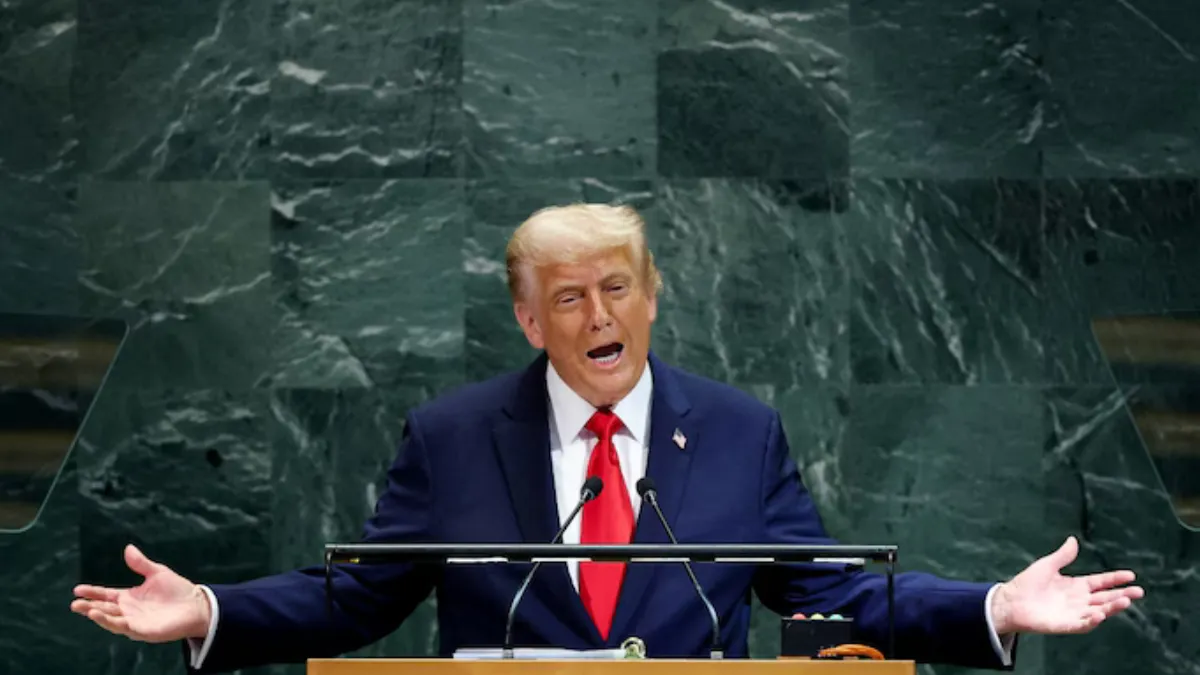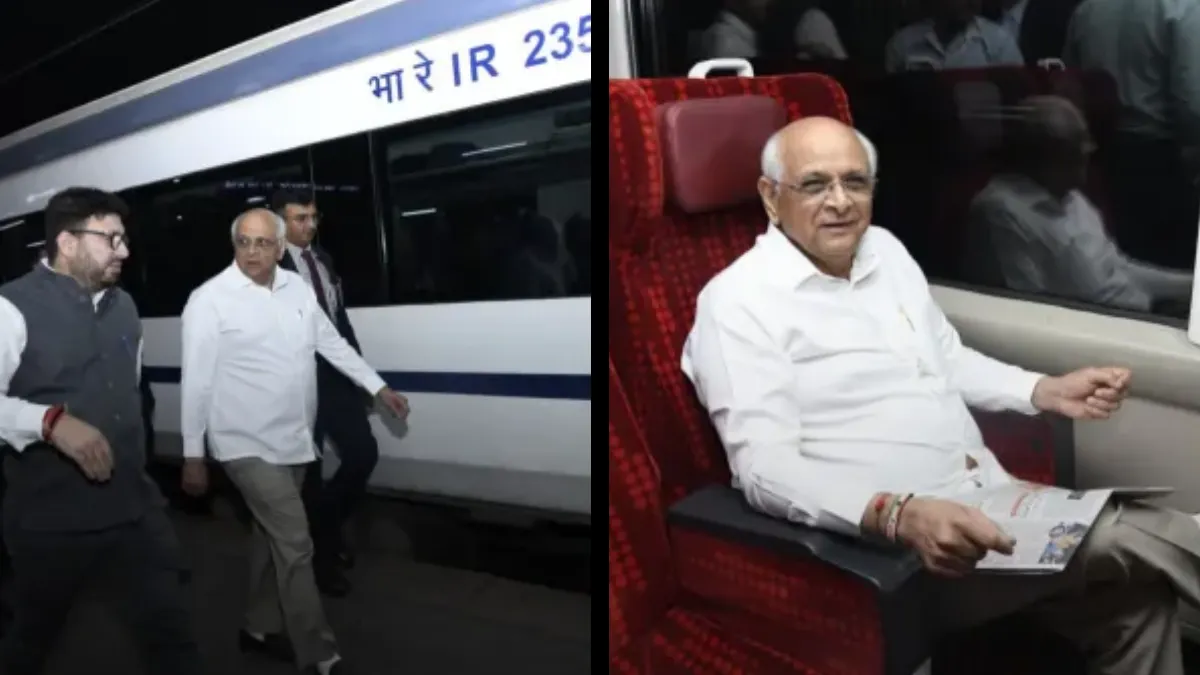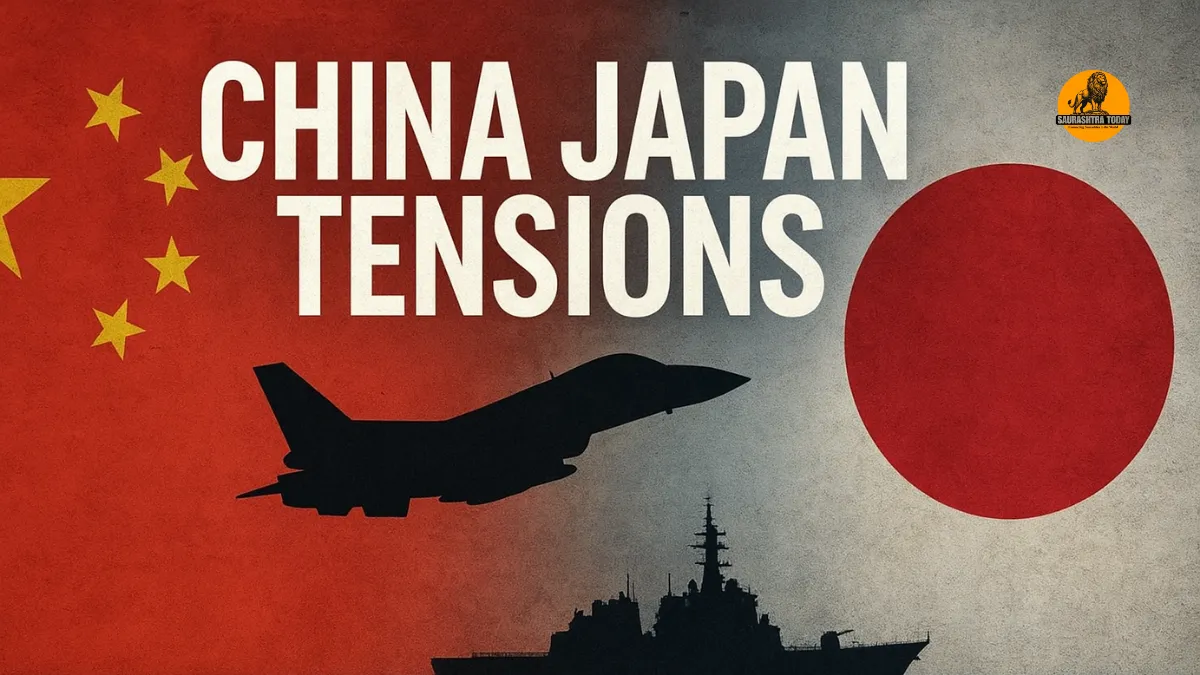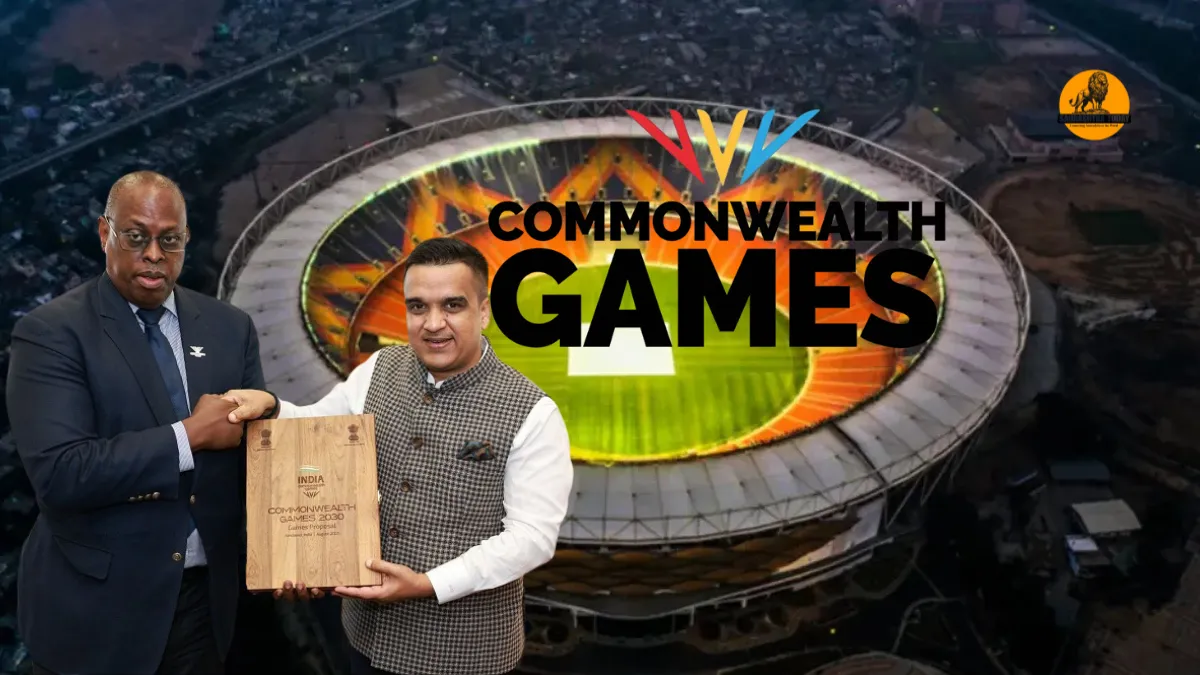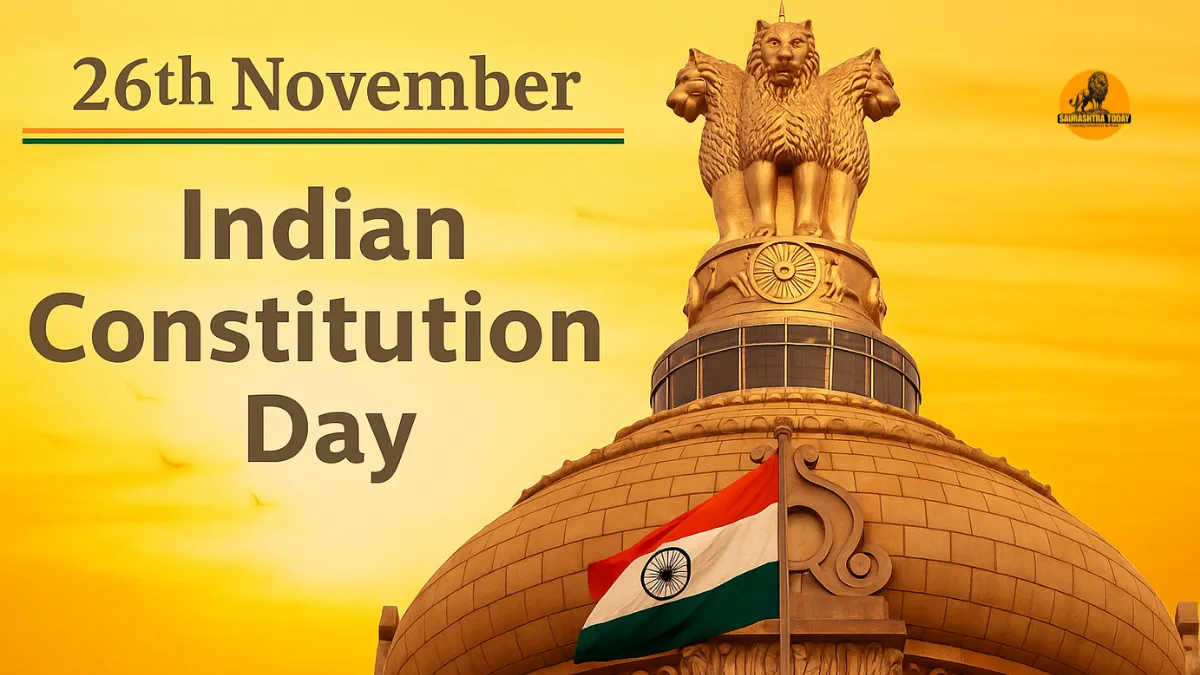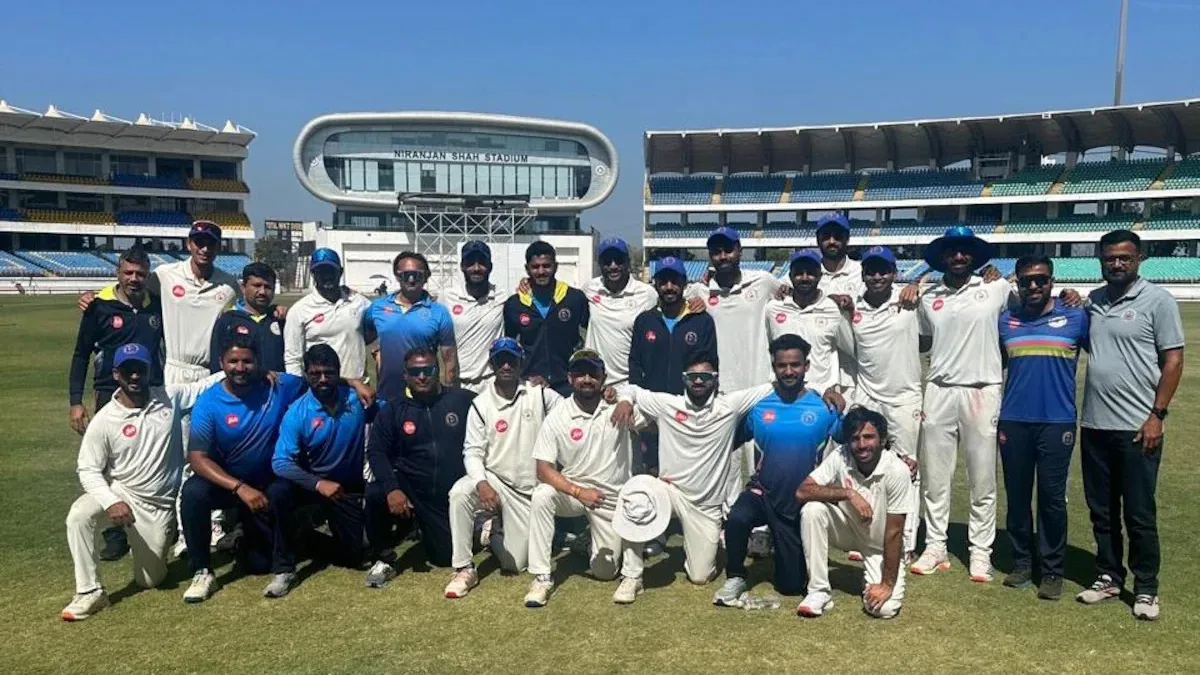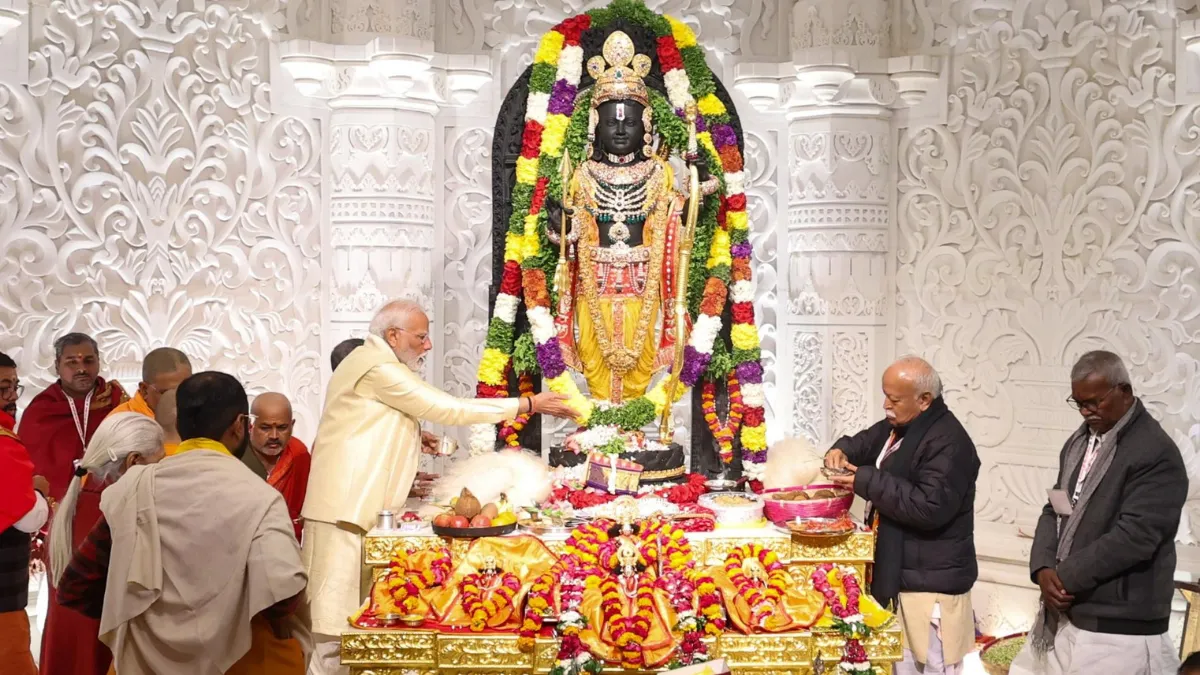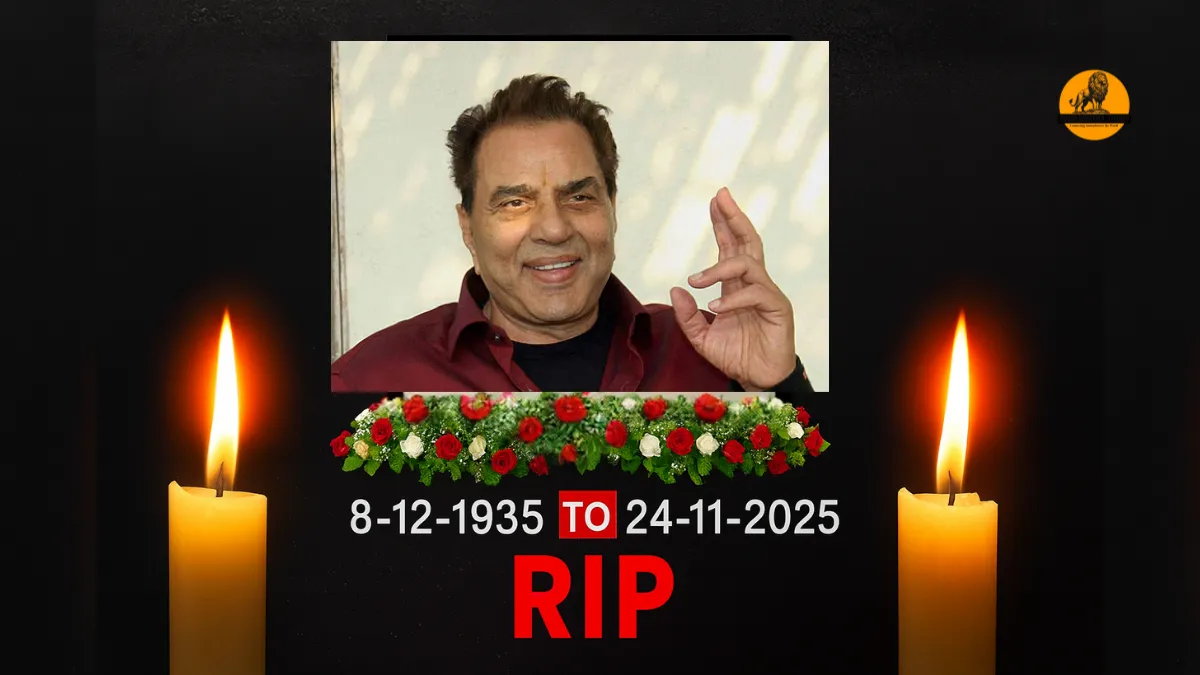Trump Nobel Peace Prize: As the 2025 Nobel Prize announcements begin this week, the world’s attention turns not only to scientists and scholars but also to a political figure who has never hidden his desire for global recognition — Donald Trump. The Trump Nobel Peace Prize debate has once again taken center stage as the former U.S. president claims credit for ending multiple global conflicts and insists he deserves the world’s most prestigious peace honor.
But how did the Nobel Prize come to symbolize global excellence and peace? Why do some leaders receive it while others are overlooked — like Mahatma Gandhi? And what truly motivates Trump’s repeated calls for recognition? Let’s explore the history, process, and politics surrounding the Nobel Peace Prize and the story behind Trump’s enduring pursuit.
The Beginning of Nobel Week 2025
Every October, the Nobel Foundation begins announcing the winners of the world’s most respected awards. The first announcement traditionally honors achievements in Medicine or Physiology, followed by prizes in Physics, Chemistry, Literature, Peace, and finally, Economics.
This week marks the start of the 2025 Nobel season — a time when global eyes turn to Stockholm and Oslo. Yet, amidst this celebration of scientific and humanitarian excellence, Donald Trump’s outspoken desire to win the Nobel Peace Prize has reignited conversations about what truly defines peace and merit in modern geopolitics.
Who Was Alfred Nobel?
The story of the Nobel Prize begins with a paradox. Alfred Nobel, a wealthy Swedish chemist and entrepreneur, was the inventor of dynamite — a tool that revolutionized construction but also intensified warfare.
Nobel was not just a scientist. He was a man of wide intellectual interests — fluent in Russian, French, English, and German by age 17, and also a writer of poetry and drama. But his invention brought him enormous wealth — and moral conflict.
The Obituary That Changed Everything
In 1888, a French newspaper mistakenly published Alfred Nobel’s obituary after confusing him with his late brother, Ludvig. The headline called him “The Merchant of Death”, condemning him for profiting from weapons.
This shocking moment made Nobel confront how history would remember him. Determined to redefine his legacy, he began drafting a will that would ensure his fortune served humanity, not destruction.
A Woman’s Influence: Bertha von Suttner
During his later years, Nobel became close to Bertha von Suttner, an Austrian peace activist who campaigned tirelessly against war. Their friendship profoundly influenced his thinking.
Suttner went on to become the first woman to win the Nobel Peace Prize in 1905, and many historians credit her as the inspiration behind Nobel’s decision to include a peace award in his will. Her influence added a humanistic and moral dimension to a man once known for inventing explosives.
The Creation of the Nobel Prizes
In his 1895 will, Alfred Nobel declared that the bulk of his estate should be used to fund annual prizes for those who have “conferred the greatest benefit to humankind.”
After his death in 1896, legal battles delayed the process, but in 1901, the first Nobel Prizes were finally awarded in Stockholm and Oslo.
Each category was assigned to a specific institution:
- Physics & Chemistry: Royal Swedish Academy of Sciences
- Medicine: Karolinska Institute
- Literature: Swedish Academy
- Peace: Norwegian Parliament (Storting)
The reason Nobel chose Norway to award the Peace Prize remains uncertain, though it may be linked to the political union between Sweden and Norway at that time.
How Are Nobel Prizes Decided?
The selection process for a Nobel Prize is one of the most secretive and rigorous in the world.
Only certain individuals — such as past laureates, university professors, and members of parliaments — are eligible to nominate candidates. Self-nominations are strictly prohibited.
Once nominations close, expert committees examine the candidates’ contributions. After months of confidential deliberations, the final decision is made by the full awarding body. The winners — or laureates — are announced every October, with the award ceremonies held in December.
The Six Nobel Categories
Initially, Nobel Prizes were awarded in five categories: Physics, Chemistry, Medicine or Physiology, Literature, and Peace.
In 1968, the Sveriges Riksbank (Swedish Central Bank) introduced an additional prize in Economic Sciences “in Memory of Alfred Nobel.” Though awarded alongside the traditional prizes, purists argue that it’s technically not a “true” Nobel Prize since it wasn’t part of Alfred Nobel’s original will.
Why Are Nominations Secret for 50 Years?
Nobel nominations are kept confidential for half a century. The rules prevent committees from revealing or discussing deliberations for 50 years, shielding the process from political pressure, media influence, or lobbying.
However, nominators themselves are free to reveal the names they propose. This secrecy ensures that each prize remains based on merit and not public opinion — though history shows that controversy often follows the Nobel stage.
Controversies Surrounding the Nobel Prizes
The Nobel Prizes have long faced questions of fairness, representation, and politics.
Gandhi’s Absence
Perhaps the most famous omission is Mahatma Gandhi, whose life’s work embodied peace and nonviolence. He was nominated several times but never received the prize. The Nobel Committee later admitted that failing to award Gandhi was one of their greatest oversights.
Obama’s Early Win
In contrast, Barack Obama received the Nobel Peace Prize in 2009, just months into his presidency, “for his efforts to strengthen international diplomacy.” The award sparked global debate, with critics arguing it was premature and politically motivated.
Questionable Awards
In 1949, Egas Moniz won the Nobel Prize in Medicine for the now-discredited procedure of lobotomy.
In the Peace category, controversial figures like Henry Kissinger, Yasser Arafat, Yitzhak Rabin, and Shimon Peres were honored, even though their legacies remain deeply debated.
For decades, most Nobel laureates were white men from Western countries, particularly in science. Over time, this trend has diversified, with winners now emerging from Asia, Africa, and Latin America.
Trump’s Quest for the Nobel Peace Prize
Donald Trump’s campaign for global recognition has been as vocal as his political career. He has publicly expressed his desire for the Nobel Peace Prize multiple times, claiming he deserves it for ending conflicts across South Asia, Africa, and the Middle East.
Trump asserts that during his presidency and beyond, he ended seven wars, including disputes between:
- India and Pakistan
- Israel and Iran
- Rwanda and the Democratic Republic of Congo
- Thailand and Cambodia
- Armenia and Azerbaijan
- Egypt and Ethiopia
- Serbia and Kosovo
While Pakistan supports his claims and has even officially nominated him for the 2026 Peace Prize, India has refuted his assertions, dismissing them as politically exaggerated.
When Trump Publicly Expressed His Desire for a Nobel
Trump has often voiced his frustration about not receiving the prize, suggesting bias in the selection process.
Also read: The Nobel Peace Prize History: How a Vision for Humanity Became a Global Legacy
At the UN General Assembly, 2019
During a meeting with Pakistan’s Prime Minister Imran Khan, Trump remarked,
“I think I’m going to get a Nobel Prize for a lot of things, if they gave it out fairly — which they don’t.”
August 2025: On Peace Efforts
Trump said,
“I won’t get a Nobel Peace Prize no matter what I do… they only give it to liberals.”
He criticized the Nobel Committee for ignoring conservative leaders.
June 2025: On Truth Social
In a post, Trump wrote,
“No, I won’t get a Nobel Peace Prize no matter what I do, including Russia/Ukraine and Israel/Iran… but the people know, and that’s all that matters.”
October 2025: On Middle East Peace
Trump recently claimed success in brokering a Gaza peace plan after Hamas responded positively to his proposal. He urged Israel to halt airstrikes, stating that “peace in the Middle East is very close.” Several regional powers supported his remarks, reigniting the Trump Nobel Peace Prize debate once again.
Politics and Legacy: The Larger Question
Trump’s demand for a Nobel Prize reflects a broader question — what defines peace in the modern era? Is it the signing of treaties, the reduction of conflicts, or simply political influence?
Much like Alfred Nobel’s own moral reckoning, the Trump Nobel Peace Prize controversy raises issues of ego, legacy, and recognition in a polarized world. While some see Trump’s diplomacy as impactful, others view his self-promotion as undermining the integrity of the prize.
Also read: Nobel Prizes 2025: World Awaits New Champions of Science, Peace, and Literature
Conclusion: The Irony of Nobel’s Vision
When Alfred Nobel established the Peace Prize, his goal was simple — to honor those who benefit humanity. More than a century later, the prize continues to symbolize hope, yet also human contradiction.
From Gandhi’s absence to Obama’s early win, and now Trump’s persistent campaign, the Nobel Peace Prize remains both revered and controversial.
Whether or not Donald Trump ever joins the ranks of Nobel laureates, his pursuit highlights a timeless truth: the desire for recognition often says as much about ambition as it does about achievement.
